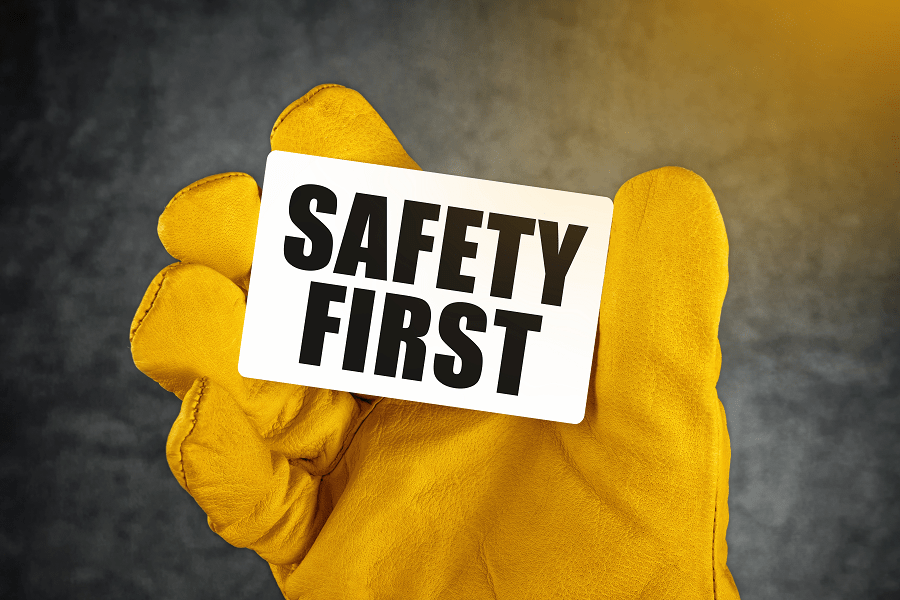nPB — also known as n-propyl bromide and 1-bromopropane — is not the preferred degreasing solution it once was. Fueling the changeover from nPB vapor degreaser to vapor degreasers that have a better safety profile is evidence that nPB exposure can seriously, adversely affect the health of those who use it. If you use an nPB vapor degreaser, and you have questions about replacing the toxic solvent, the answers below can help.
Why is nPB exposure now considered so dangerous?
Like other toxic degreasing solvents, nPB’s toxicity is established by several years of scientific research. Based on the research, the EPA added nPB to “the list of toxic chemicals subject to reporting under section 313 of the Emergency Planning and Community Right-to-Know Act (EPCRA) of 1986 and section 6607 of the Pollution Prevention Act (PPA) of 1990.”
Does the EPA consider nPB to be a hazardous air pollutant?
As of the date of this blog entry, the EPA has not placed nPB on the official list of hazardous air pollutants (HAPs). However, as quoted above, nPB is a reportable chemical under the EPCRA, with the EPA having determined that “1-bromopropane meets the EPCRA section 313(d)(2)(B) criteria because it can reasonably be anticipated to cause cancer in humans.”
What are specific health problems that nPB causes?
Health issues from nPB exposure are generally categorized in one of two ways: acute or chronic. Common acute health issues are: dizziness, mental confusion, respiratory distress and temporary paresthesia. Common chronic health issues are: neurological damage, cancer (based on animal studies), permanent paresthesia, and difficulty walking (due to paresthesia).
Will a safer solvent offer the same degreasing power?
The answer depends on which solvent you choose as a replacement for nPB. With that said, there’s a nice selection of safer, environmentally preferred vapor degreasers that offer the same efficacy as nPB. In many cases, former nPB users can simply “drop in” these nPB replacements, and quickly carry on with the vapor degreasing progress, as usual.
Will a safe replacement for nPB cost more than nPB?
Because nPB is relatively cheap to produce, there’s a good chance you’ll pay a bit more for a safe replacement. However, when you consider the financial toll nPB can take on an entity (increased sick days taken, workers compensation claims, chemical injury lawsuits, etc.), paying for a safe nPB vapor degreaser replacement can be the most cost effective option long-term.
Where can I find an nPB vapor degreaser replacement?
 We recommend that you get your replacement from Ecolink for three main reasons. First, in addition to supplying readymade solutions, we accept custom orders. Second, we offer free samples for you to test before you buy. Third, we deal primarily in environmentally preferred and environmentally safe cleaners, making us a great option for your solvent needs going forward.
We recommend that you get your replacement from Ecolink for three main reasons. First, in addition to supplying readymade solutions, we accept custom orders. Second, we offer free samples for you to test before you buy. Third, we deal primarily in environmentally preferred and environmentally safe cleaners, making us a great option for your solvent needs going forward.
To inquire about our vapor degreasing solutions, or to place an order, please call us today at (800) 563-1305. You can also shop conveniently online. We look forward to providing you with a safe nPB vapor degreaser replacement.















